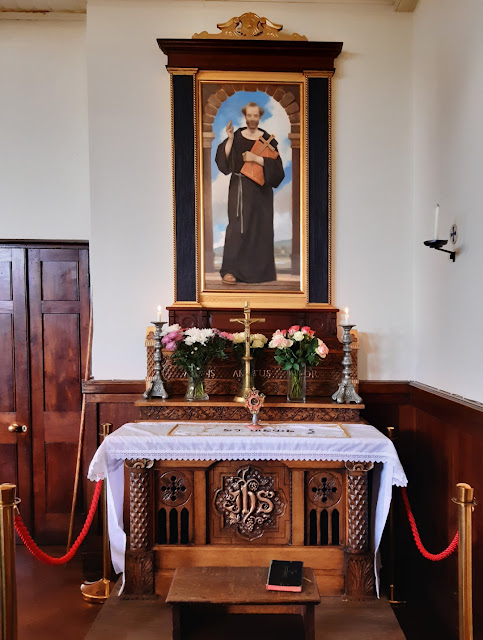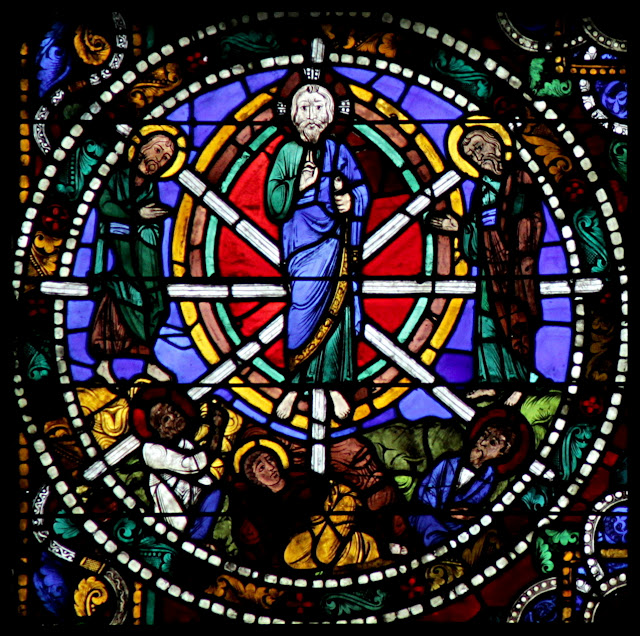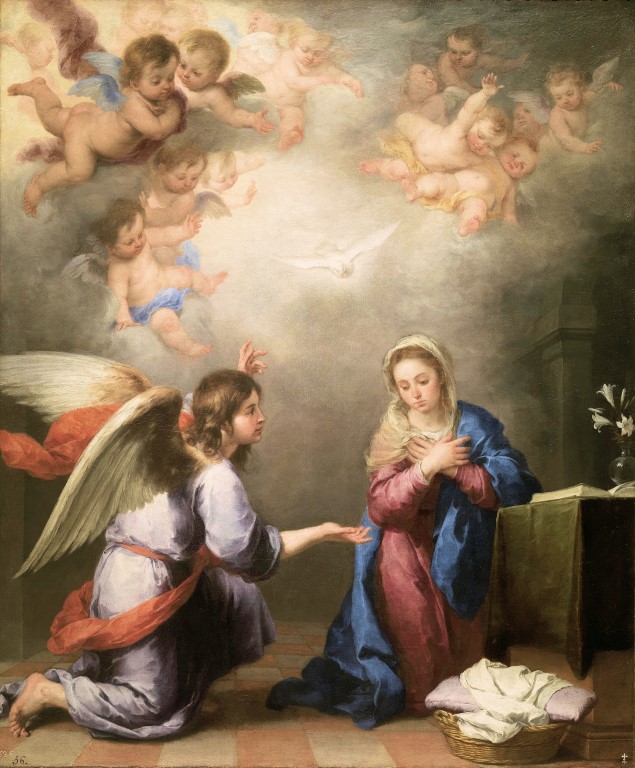Enjoying the Feast of the Holy Trinity

The weather in London today finally broke into just above 20 degrees centigrade, or just tipping 70 if you are using old money. It was a beautiful day to celebrate the feast of the Most Holy Trinity. This weekend and last, I have been helping at St Bede’s, Clapham Park. In a most pastorally sensitive swap, the late Archbishop Smith allowed Fr Basden to move from Clapham Park to Ramsgate, and Fr Holden to move from there to Clapham Park. Thus, continuity was secured for both parishes. The parish choir at St Bede’s has been going from strength to strength. On several recent visits I have heard them sing polyphonic masses with aplomb. Today we had Victoria’s Missa O Quam Gloriosum . As is the way with many traditional Masses in parishes, the older servers have had children who are now competently taking over. More than one young teenager that has served me as MC has asked his parents for a vintage copy of Fortescue for his bi...

















